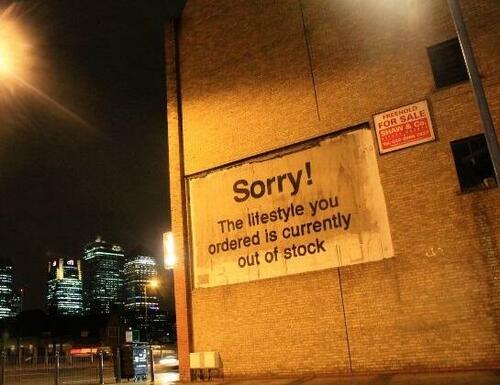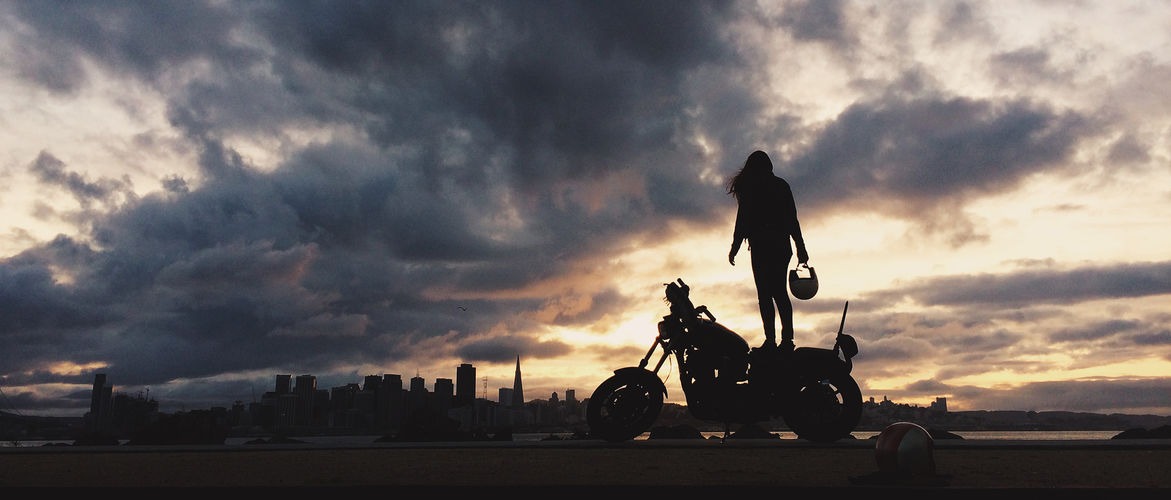Submitted By Hardscrabble Farmer
Doom Porn And Empty Optimism
By Charles Hugh Smith
If we can’t discern the difference between doom-porn and investing in self-reliance, then solutions will continue to be out of reach.

I’m often accused of calling 783 of the last two bubble pops (or was it 789? Forgive the imprecision). Like many others who have publicly explored the notion that the status quo isn’t actually sustainable despite its remarkable tenaciousness, I am pilloried as a doom-and-gloomer (among other things, ahem).
Fair enough, and I’m fine with the doom-and-gloom label (we have more fun!) as a generality. But many take any skepticism of the sustainability of the status quo as extending into some perverse delight in the prospect of collapse leading to a Zombie Apocalypse featuring black gunships and firefights over the planet’s last case of refried beans.
That is a mis-characterization of my premise that whatever is unsustainable eventually unravels. We are not god-like (other than the Federal Reserve, of course), and so our heartfelt desire to render the unsustainable sustainable via the power of empty optimism will fail, as magical thinking can change our internal emotional state (happy happy, it will all work out without any inconvenient sacrifice or change), but it can’t change the real world (alas). Continue reading “DOOM PORN AND EMPTY OPTIMISM”






